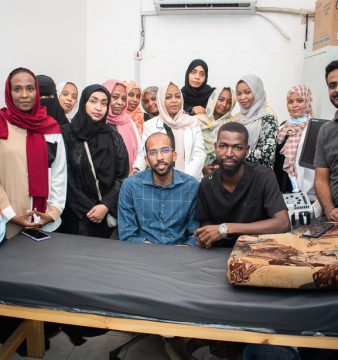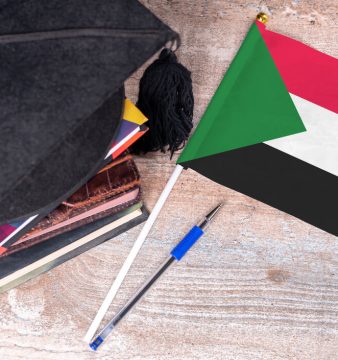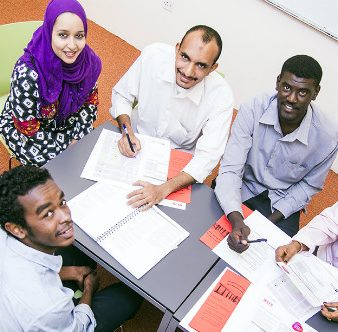When the Teacher is the Bully

It all began when I corrected the teacher’s spelling mistake. All I did was quietly raise my hand to point out the mistake and correct it. The teacher said I was trying to imply how I am better than her just because I used to study at a British curriculum-based school before I was transferred to an Arabic School. I felt extremely guilty and attacked for minor and genuine behaviour.
In school, I witnessed many students, including myself, being wrongfully or unnecessarily attacked. In some cases, students were dealt with by being beaten. There are times I wasn’t sure what I was being beaten for. Something I did or did not do was provocative. However, although we were beaten for different reasons, no student should be physically abused without cause.
The teachers were bullying students. Teachers’ bullying is child abuse. It can take many forms, such as ignoring, humiliating attacking, mocking and physically harming the student. There is also discrimination, in its various colours. Although, what I find the most common here in Sudan is discrimination based on academic performance such as (splitting the students with high grades from those with low grades into different classes).
The impact of these acts can appear in forms of stress, including post-traumatic stress disorder, depression, low self-esteem and even lead to suicidal thoughts. I am sure we can find many stories where children were beaten viciously, in both urban and rural areas, in schools and homes. In some communities, beating can be a parenting method. Where they approve the teacher’s handling as well.
Many of the parents I know (including my own) stand for their children’s rights. But when discussing this along with the elderly, I found it shocking how some answers were either jokingly or seriously applauding these methods, believing it has given birth to successful generations, and that nothing hazardous came from it to call for change. However, I believe acknowledgment of this problem needs documentation, which is not their due to fear of these young students.
These elderly who rejected the concept did not have angry or remorseful comments, even while they told stories of their own. At that time, it truly hurt them. But their conclusion is this is a period where you should put up with the beating and abuse, and you can, until it passed. So then I asked, ‘Why can’t discipline take other forms that are more useful and less traumatising? What if instead of humiliating a child in front of their classmates, you talk to them in private and communicate with him or her to find out what the problem is? What if instead of beating a child, you give extra chores or extra homework?’ What I’m saying is it is time for teachers to take a different approach. What if in the new Sudan, applied methods of discipline follow standardised rules.
My generation and I are living in tough times in a very fast-paced world. Many of us are struggling with finding our true identity. We have dreams that we seek to fulfil. We need the support.
Our attitude isn’t detached from the problem, yes, we are a part of it. There is a pandemic of disobedience and rebellion even at younger ages, but this can be disciplined using the right techniques.
I find it ironic that we have counsellors at our school, but unfortunately they aren’t much of help. I know my peers are ready to utilise this facility and some even did but their experiences were not positive.
The reason why I have the courage to write about this is the revolution of Sudan. People are paying more attention to each other and hearing each other’s voices, so I wanted to bring attention to this serious issue. Schools are where we spend most of our lives, growing with our friends and teachers, and learning from them. It is where we build our character. Schools should have a healthy community built on love and respect. We, as students, wish to see this change, and we want to be a part of that change.
I’m really loving my school years, and I love many of my teachers. What I’ve written isn’t meant to ruin the reputation of teachers, schools or the education system in Sudan. It isn’t meant to overlook all of the beautiful experiences we have at school. However, I strongly believe that bullying, whether by a student or a teacher, is wrong – whether the hurt is rare or common, small or severe, it should stop.
I’m grateful to all the great teachers out there, loving their jobs and loving their students. Thank you.
Fajr Hakam is a 15-year-old high school student who loves writing, cooking and finding joy in the simple things in life. She is interested in learning languages and currently crazy about Korean language and culture. She’s all about making real impact in the future.




